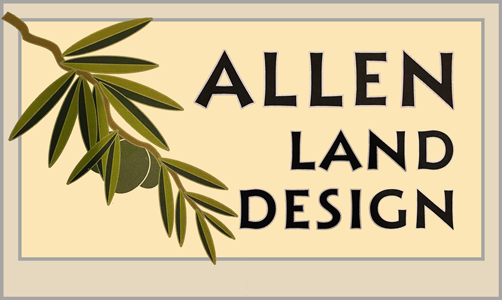IN THE DESIGN STUDIO With Lead Designer Sierra Hart
REDUCING POTABLE WATER IN THE LANDSCAPE
As Northern California finds itself in the midst of yet another drought, reducing the amount of water we're using in our gardens is becoming less of a personal choice and more of a socially and environmentally responsible mandate that we must become part of.
Not only will you see personal benefits to taking steps to cut back on your water use, but you'll also be helping to steward this shared and precious resource, ensuring that our region will remain verdant and sustainable for future generations.
More immediately, by reducing your water consumption you'll be complying with any water restrictions and you'll also see a reduction in your water bill. You can also earn LEED points when you take steps to reduce water use. Undertake several energy and resource saving measures and your home or building can achieve LEED certification.
To address the issue of water overuse in your landscape, we recommend considering one or more of the following:
Audit or adjust existing irrigation systems
Reduce or replace turf areas
Use plants that require low water
Professional hydrozone design
Water-efficient irrigation equipment for new and retrofit projects
Organic sheet mulch systems for fertility and water retention
Water catchment is another area to address when evaluating your current and potential water efficiency. Cisterns to harvest rainwater can be above or below ground and often double as a decorative garden feature.
When designing your garden, use permeable surfaces, both as attractive features and as a way to slow and sink water for later use by deep-rooted plants, to reduce run-off to over-burdened storm drain systems and to filter potentially polluted water.
Finally, implement a system to recycle your gray water for use in the garden. Legislation is currently being worked on that will make it easier and simpler for homeowners to collect and re-use their grey water, so in the very near future "throwing away the bath water" could become a completely archaic expression.


